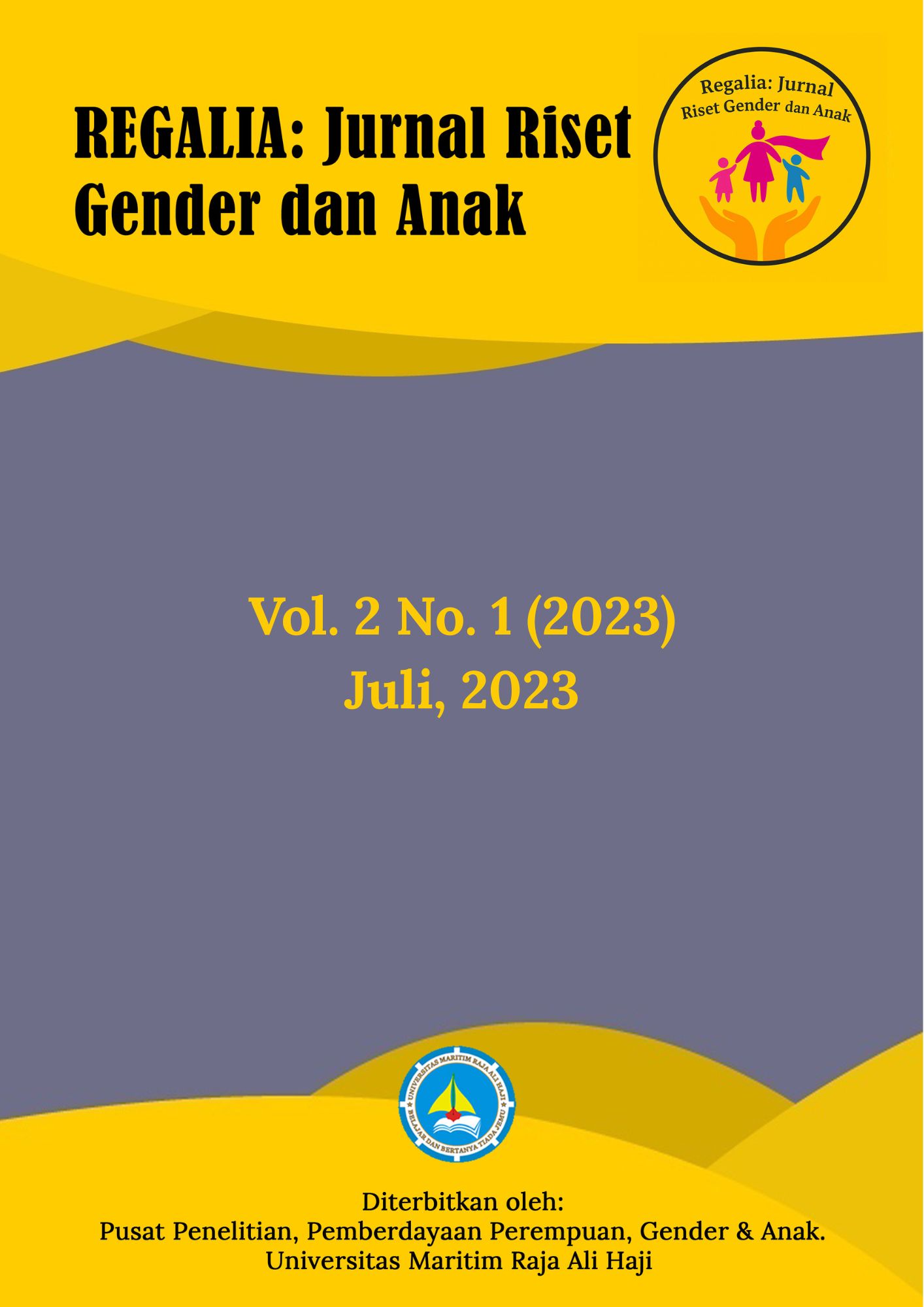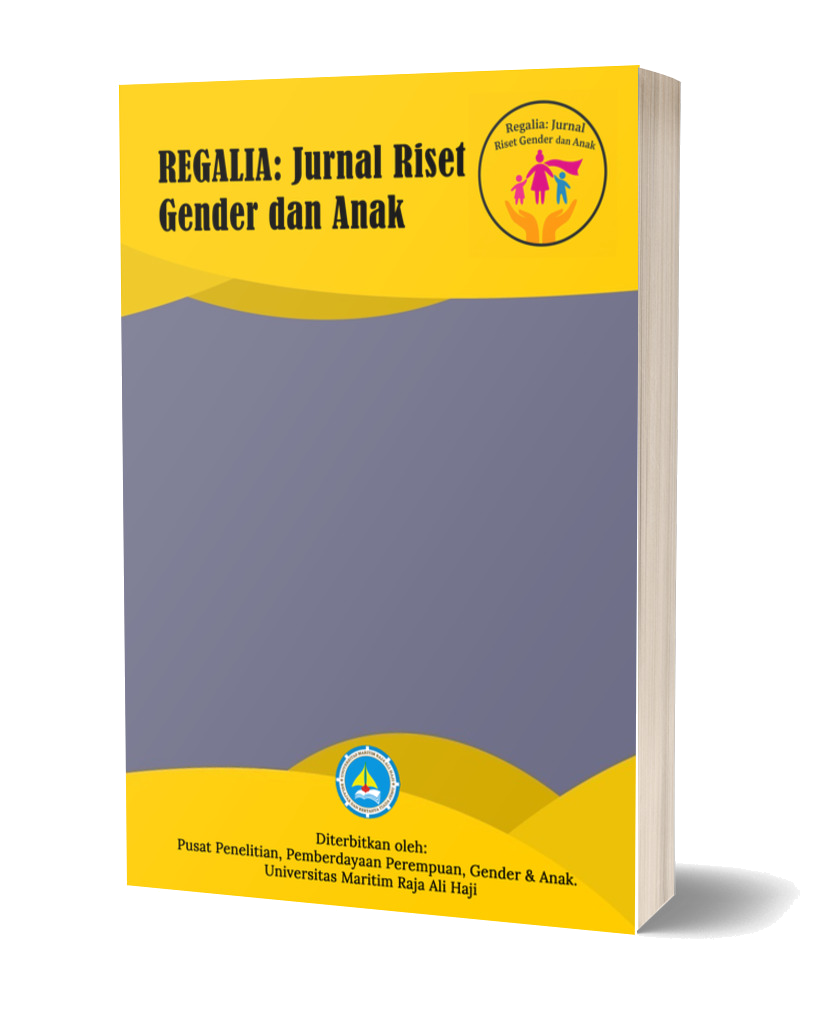UPAYA GERAKAN ME TOO DALAM MENGHADAPI KEKERASAN DAN PELECEHAN SEKSUAL TERHADAP PEREMPUAN DI KOREA SELATAN
Keywords:
Gerakan Me Too, Pelecehan Seksual , Korea SelatanAbstract
The issue of sexual violence against women is an issue that can be found in various countries, both in developed and developing countries. As one of the developed countries, South Korea also has many issues regarding sexual violence against women in its country. This happens as a result of the patriarchal culture and Confucianism inherent in South Korean society itself. This causes the existence of a superior that is owned by men to control and dominate women. This is certainly an impetus for men to commit violence and sexual harassment against women because women are placed as objects of male sexuality. In fact, as fellow human beings, men and women should be able to have the same rights and be at the same level without dominating or making one of them a mere sexual object. Therefore, in response to this, a lot of feminist movements have sprung up in South Korea, one of which is the Me Too movement which seeks to empower women and fight against patriarchal culture to get equal rights with men through campaigns both at home and abroad. social media or directly
Downloads
References
Arbar, T. F. (2020, July 9). Presiden Korsel Tersandung Kasus Kekerasan Seksual, Kok Bisa? Retrieved Desember 4, 2021, from CNBC Indonesia: https://www.cnbcindonesia.com/news/20200709143106-4-171454/presiden-korsel-tersandung-k asus-kekerasan-seksual-kok-bisa
Aziz, A. (2007). Feminisme Profetik. Yogyakarta: Kreasi Wacana.
Azizah, K. N. (2021, Desember 11). Deretan Negara Legalkan Kebiri Untuk Predator Seks, Indonesia Termasuk. Retrieved Desember 14, 2021, from Detik Health: https://health.detik.com/berita-detikhealth/d-5850041/deretan-negara-legalkan-kebiri-untuk-pred ator-seks-indonesia-termasuk
Country Reports On Human Right Practices: Republic of Korea. (2020). Retrieved Desember 8, 2021, from U.S Department of State: https://www-state-gov.translate.goog/reports/2020-country-reports-on-human-rights-practices/so uth-korea/
Evans, A. (2018). #MeToo: A Study on Sexual Assault as Reported in the New York Times. Occam's Razor: Vol. 8 , Article 3.
Friedan, B. (1963). The Feminine Mystique. United States: W. W. Norton.
Jackson, R., & Sorensen, G. (2005). Pengantar Studi Hubungan Internasional. Yogyakarta: Pustaka Pelajar.
Kekerasan Seksual. (2018, Oktober). Retrieved Desember 13, 2021, from Masyarakat Pemantau Peradilan Indonesia: file:///C:/Users/Asus/Downloads/MaPPI-FHUI-kekerasan-seksual.pdf
Khomami, N. (2017, Oktober 20). #MeToo: how a hashtag became a rallying cry against sexual harassment. Retrieved Desember 11, 2021, from Theguardian: https://www.theguardian.com/world/2017/oct/20/women-worldwide-use-hashtag-metoo-againstsexual-harassment
Kusuma, Z. E. (2020). Transnational Advocacy Network Strategies of #MeToo in Influencing The Policy Change Regarding The Issue of Sexual Harassment in South Korea. Undergraduate Thesis.
Rochaety, N. (2014). Menegakkan HAM Melalui Perlindungan Hukum Bagi Perempuan Korban Kekerasan Di Indonesia. Palastren, Vol.7, No,1 , 19.
Sample, M. (n.d.). #MeToo Movement in South Korea. Retrieved Oktober 12, 2021, from Asiasociety: https://asiasociety.org/korea/metoo-movement-south-korea
Schieber, O. (2020, Agustus 10). South Korea Needs to Contend With Sexual Violence. Retrieved Desember 4, 2021, from Foreignpolicy.com: https://foreignpolicy.com/2020/08/10/south-korea-needs-to-contend-with-sexual-violence/
Setyawati, W. (2000). Isu Kekerasan Seksual Terhadap Perempuan Dalam Agenda Hak Asasi Manusia Internasional. Global, No.6 , 62.
Sexual Harassment in South Korea. (n.d.). Retrieved Desember 9, 2021, from Hanyang DIS: http://dis.hanyang.ac.kr/lyceum-vol-1/sexual-harassment-in-south-korea/
Strother, J. (2019, November 11). South Korea’s #MeToo Movement Challenges Workplace Sexual Harassment. Retrieved Desember 9, 2021, from VOA: https://www.voanews.com/a/east-asia-pacific_south-koreas-metoo-movement-challenges-workpl ace-sexual-harassment/6179152.html
Zaini, N. (2014). Representasi Feminisme Liberal Dalam Sinetron: “Analisis Semiotika Terhadap Sinetron Kita Nikah Yuk”. Jurnal Penelitian Komunikasi dan Opini Publik, 209-226.
Zhafirah, R. (2021). Gerakan Sosial #MeToo Dalam Melawan Pelecehan dan Kekerasan Seksual di Korea Selatan. Skripsi
Downloads
Published
Issue
Section
License
Copyright (c) 2023 febi triyanti, Indri Yohana S.M Hutabarat , Rahma Sarita, Sekar Rachmawati

This work is licensed under a Creative Commons Attribution-ShareAlike 4.0 International License.
Anda bebas untuk:
- Berbagi — menyalin dan mendistribusikan ulang materi dalam media atau format apa pun untuk tujuan apa pun, bahkan secara komersial.
- Mengadaptasi — mencampur, mengubah, dan membuat materi untuk tujuan apa pun, bahkan secara komersial.
- Pemberi lisensi tidak dapat mencabut kebebasan ini selama Anda mengikuti ketentuan lisensi.
Berdasarkan ketentuan berikut:
- Atribusi — Anda harus memberikan penghargaan yang sesuai, menyediakan tautan ke lisensi, dan menunjukkan jika ada perubahan yang dilakukan. Anda dapat melakukannya dengan cara yang wajar, tetapi tidak dengan cara yang menunjukkan bahwa pemberi lisensi mendukung Anda atau penggunaan Anda.
- BerbagiSerupa — Jika Anda mencampur, mengubah, atau membuat materi, Anda harus mendistribusikan kontribusi Anda di bawah lisensi yang sama dengan aslinya.
- Tidak ada batasan tambahan — Anda tidak boleh menerapkan ketentuan hukum atau tindakan teknologi yang secara hukum membatasi orang lain untuk melakukan apa pun yang diizinkan oleh lisensi.











